Troy Kotsur Becomes First Deaf Male Oscar Nominee In History For ‘CODA’
By Kristin Myers on February 8, 2022 at 10:15 AM EST
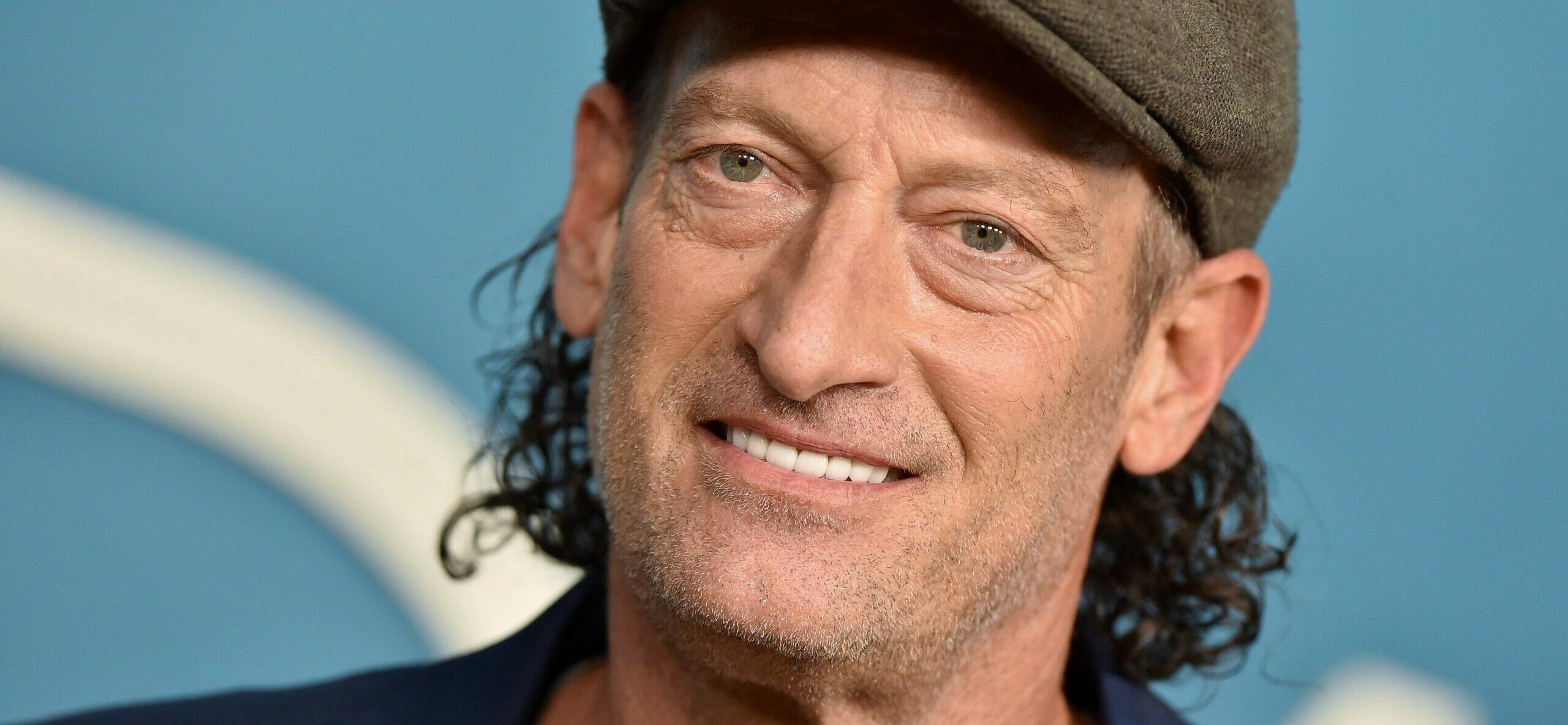
Actor Troy Kotsur just became the first Deaf male actor to earn an Oscar nomination in the award show’s 94-year history.
He is the second Deaf actor in history to earn an Oscar nomination. In 1986, actress Marlee Matlin was nominated – and won – for her role in “Children of A Lesser God.”
Kotsur earned a nomination for Best Supporting Actor for “CODA,” where he plays Frank Rossi, a Deaf man whose hearing daughter, Ruby, played by Emilia Jones, dreams of going away to college to pursue her dream of singing. But Ruby serves as the family’s interpreter and such a drastic move could upset what had once been a tight-knit family.
“CODA” also earned a Best Picture nomination, which could be groundbreaking for the Deaf community to score a win in such a major category.
Troy Kotsur Calls His Nomination ‘Historical’
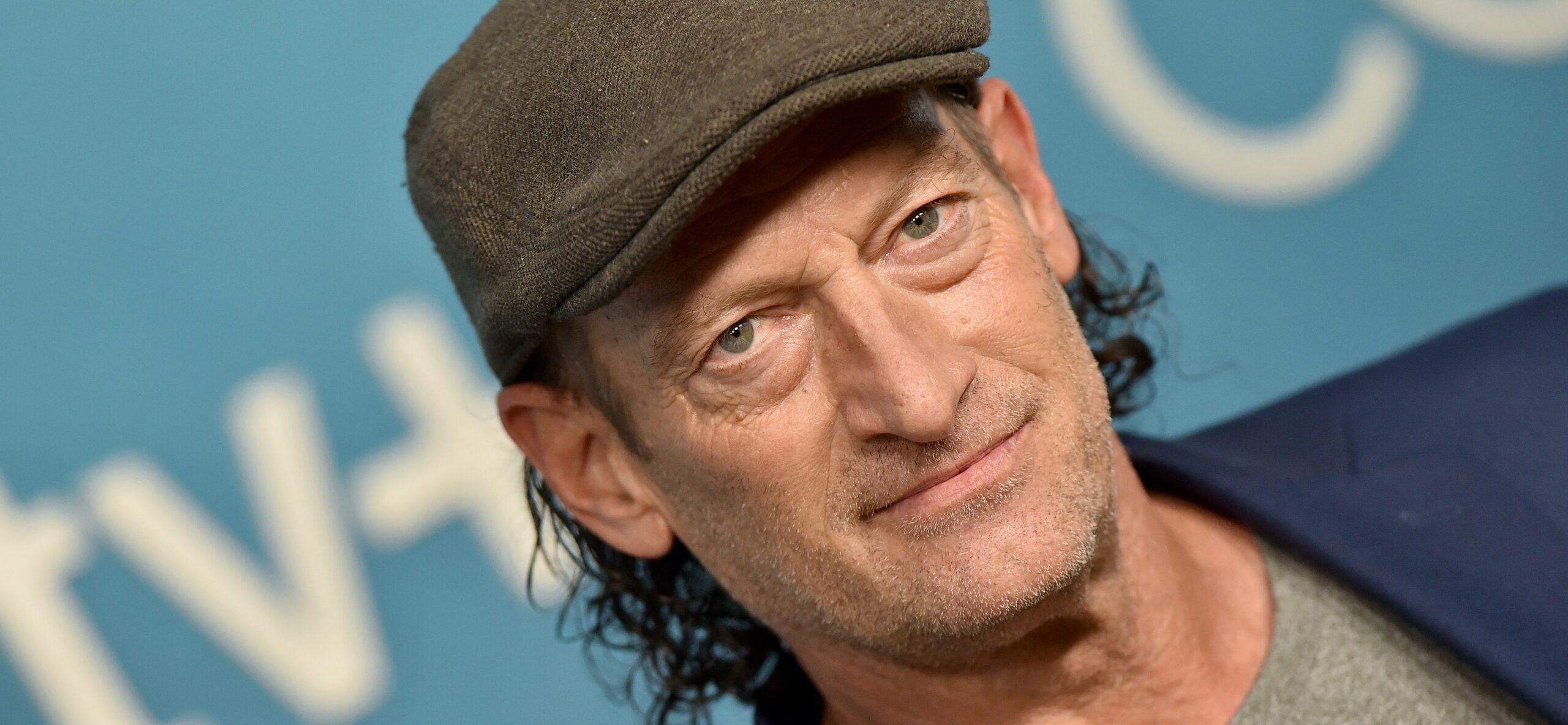
In an interview with The Hollywood Reporter last month, Kotsur described the historical impact that CODA’s nomination can have on future generations.
“Being nominated and receiving awards, it becomes historical,” he said. “Many generations can look back and see this as a standout moment with CODA receiving nominations and awards.”
“Children of a Lesser God was first, and we’re hoping that CODA will be the second,” he added. “And after I’m dead and gone, I would like to have that legacy.”
Kotsur is also nominated for a SAG award, a BAFTA, and a Film Independent Spirit Award for his role. He will be competing for his Oscar against Ciaran Hinds from “Belfast,” Jesse Plemons from “The Power of the Dog,” J.K. Simmons from “Being the Ricardos,” and Kodi Smit-McPhee from “The Power of the Dog.”
Fans can check out the full list of Academy Award nominees by clicking here.
‘CODA’ Director Explains The Important Of American Sign Language Being Subtitled, Not Translated
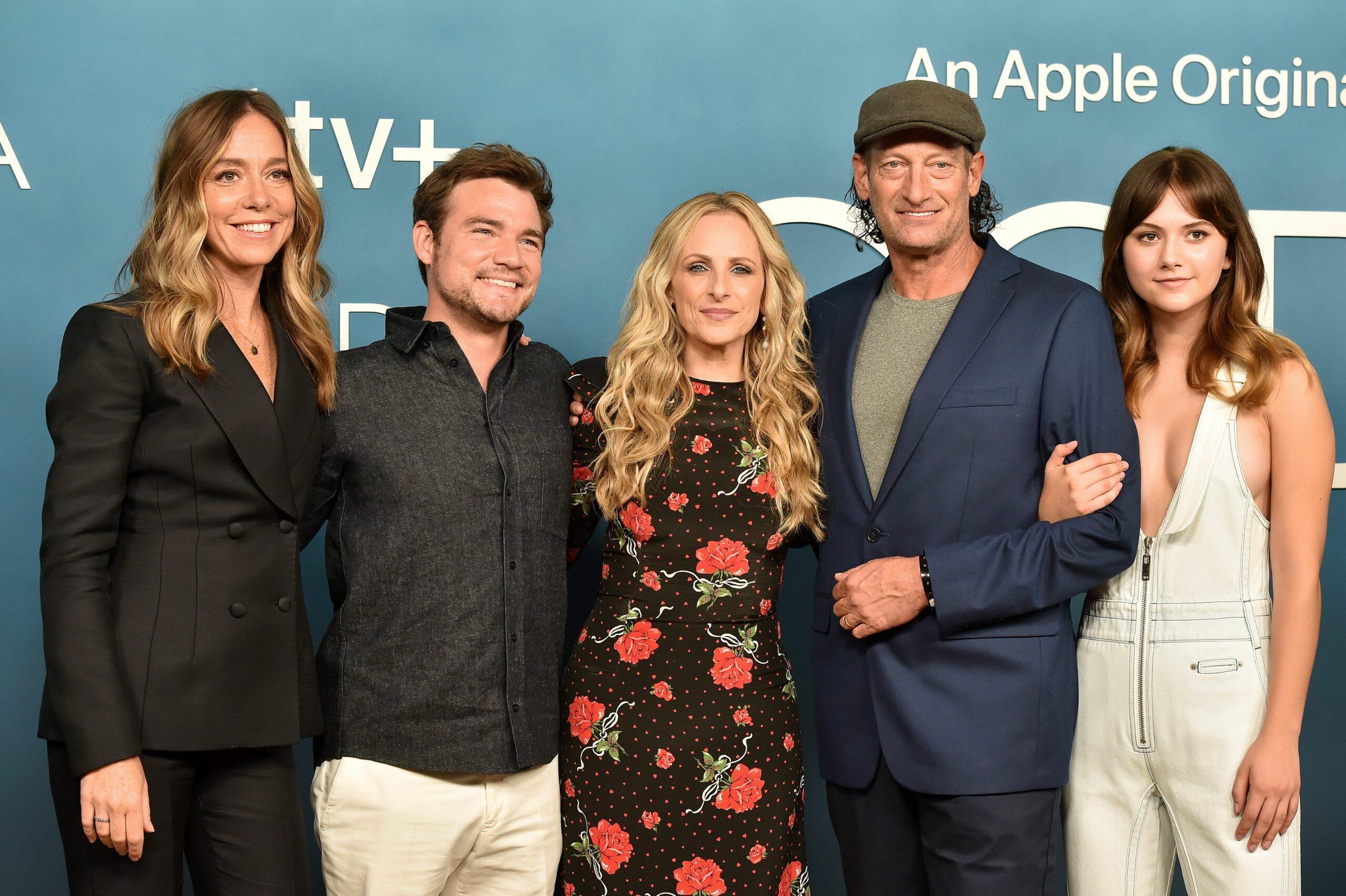
As The Blast previously reported, Director Siân Heder explained that she wanted the film to be an authentic representation of the Deaf experience. Even the film’s title, “CODA,” is a nod to the subject of the film. CODA is an acronym that stands for Child of A Deaf Adult or Child Of Deaf Adults.
“CODA” premiered at the virtual Sundance Film Festival in January 2021 and was later bought by Apple Studios for a whopping $25 million dollars. Director Heder made the choice to subtitle the American Sign Language (ASL) used in the film, not translate it, to show audience members unfamiliar with the language that it has a different grammatical syntax from English.
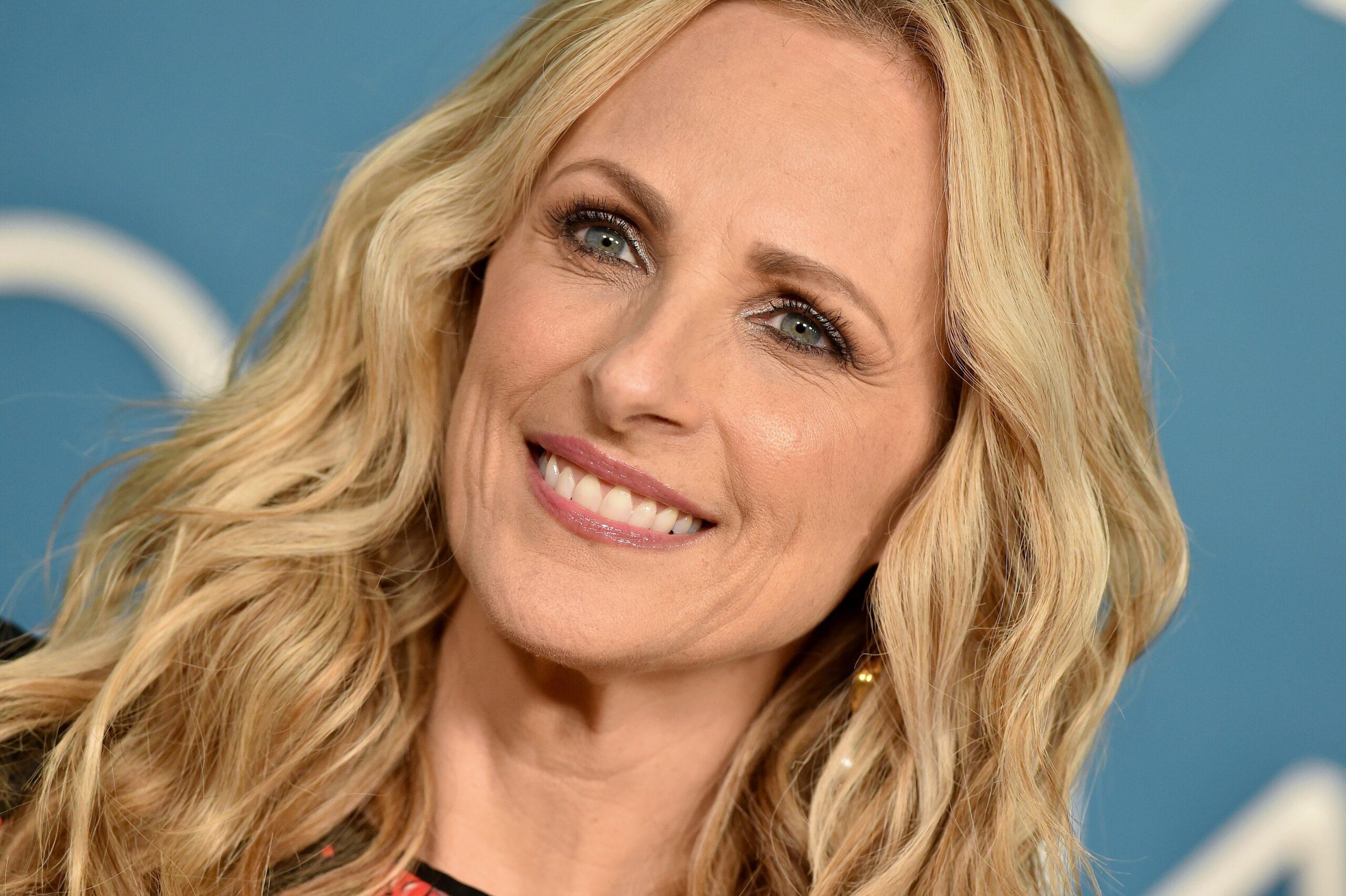
Most of ASL is not communicated through a signer’s hands. Facial expressions and body language convey non-manual markers which can change the meaning of a sentence. Heder believes that the active engagement of watching Deaf actors use ASL fluently on-screen helps create an intimate environment that resonates with audiences both hearing and Deaf alike.
“In order to sign with someone, you have to be fully engaged, looking at them face-to-face,” Heder told the LA Times. “And that connectedness, that engagement is something in Deaf culture that hearing culture lacks, or, at least, is longing for.”
“So when you see the Rossi family communicating and engaging in a way that’s so human and vibrant, you’re drawn in because they’re inhabiting what they’re saying with their facial expressions and even their bodies,” she explained.
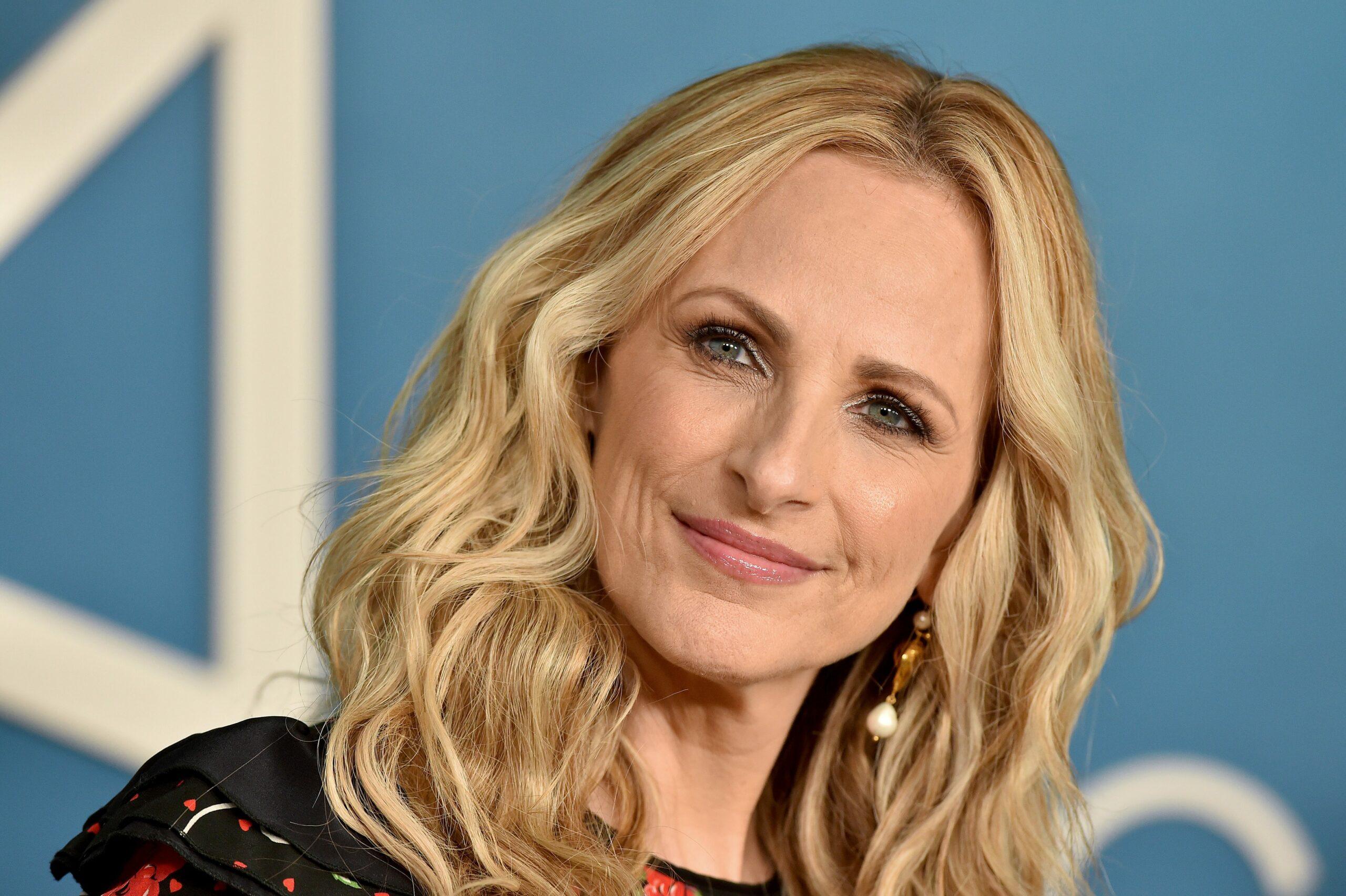
Speaking through her long-time interpreter Jack Jason, Marlee Matlin added, “I hope studios take notice that you can have more than one Deaf actor, and they don’t have to be in the background. I hate getting political about this kind of stuff, but Deaf actors can play many different roles, just like everybody else. So why not use them more to create a different perspective?”
Is It Possible That ‘CODA’ Is Going To Have A Sequel?

Although “CODA” seemed to end on a high note, it’s possible that the film will be granted a sequel given the success of the original film.
“The Rossis felt so real to me,” Jones added. Coming from Netflix's “Locke & Key,” Jones admitted that she had to spend nine months learning to both sing and sign to play the role of the family’s hearing, singing, signing daughter.
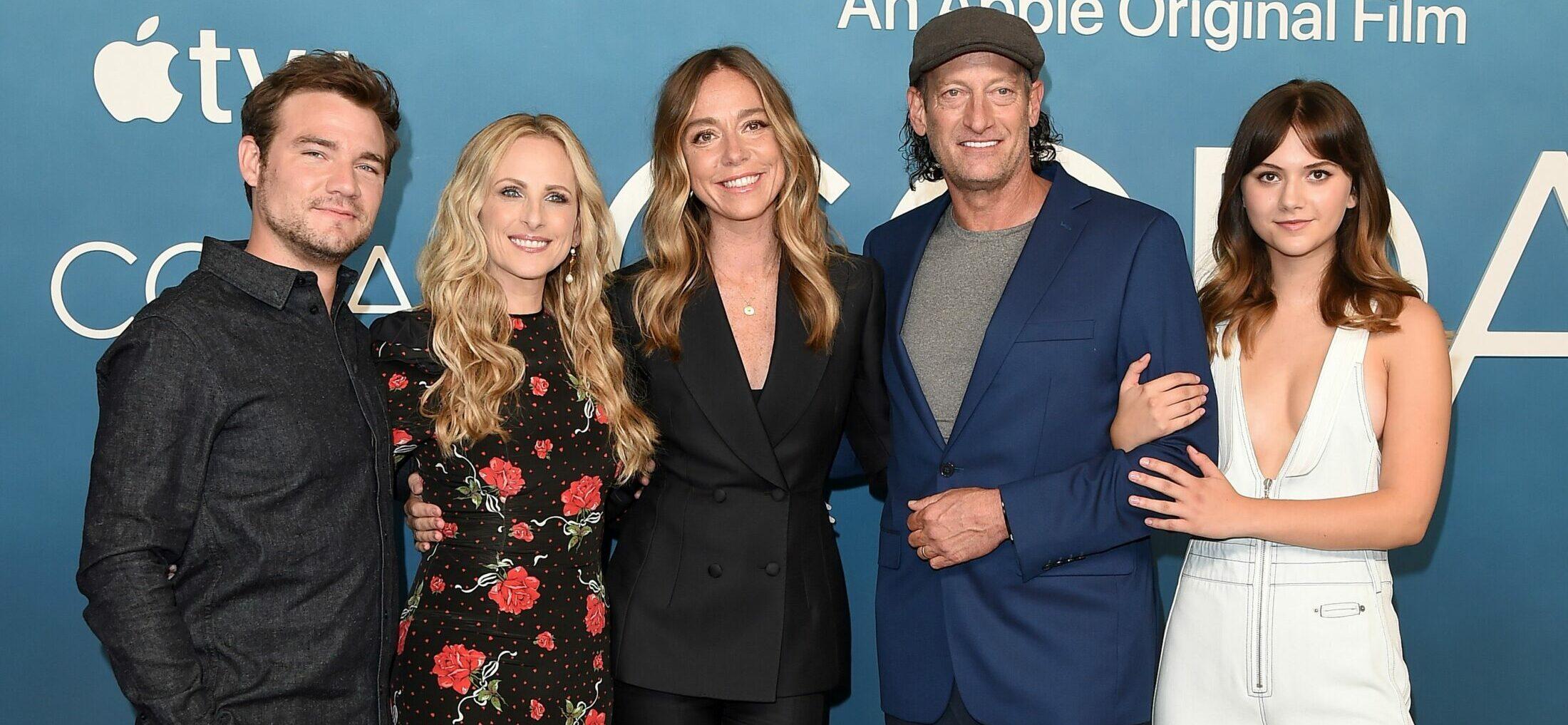
“They’re like my second family,” she continued. “I wasn’t sure what I’d do without them in my life. Some days, I’m still not sure.”
“CODA 2,” Matlin replied, adding, “We need another chapter.”
Even if “CODA” doesn’t get a sequel, many are still hopeful that the success of “CODA” will translate to more Deaf stories being shared on-screen.